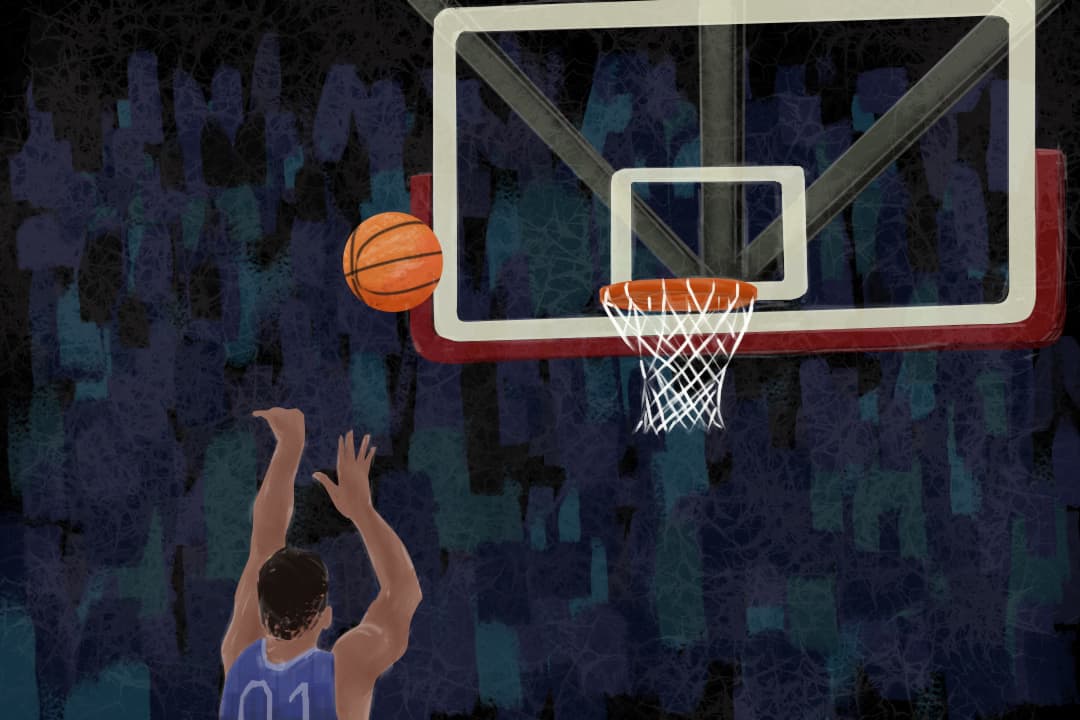Vociferous crowds, rambunctious cheers, and lively chatter are all hallmarks of a wonderful home game providing a dream-like experience. Some say that in professional sports, staying close to familiar turf can spell the difference between a loss or a victory. For football — a game in which a team traditionally has 11 players on the field — home game advantage is dubbed the 12th player. However, amidst speculations and passionate theories, the truth behind home game victories can be found in insightful scientific research.
Simply put, “home game advantage” refers to the idea that visiting athletes have a lower chance of winning in comparison to players from the hosting teams. The studies about the applicability of this idea have included team and individual sports, with tests being conducted across professional, collegiate, and high school levels. This field of research has captured the interest of social psychologists and statisticians looking for an answer.
Boos, size, and jet lag
Social psychology suggests that crowds, familiarity, and travel influence athletes’ mental state, altering the degree of advantage they receive.
Larger crowds tend to provide greater benefits. Spectators who voice their criticisms and avidly “boo” bad plays tend to motivate players to perform better. Additionally, fewer fouls are given to home teams playing at stadiums with more noise as opposed to quieter arenas. The referees’ bias is not always intentional because being human can mean that they are privy to subconscious influences.
Familiarity with the venue can increase player confidence. Soccer field sizes aren’t standardized and will vary slightly depending on dimensions. Research shows that relocated home teams tend to perform worse than ones playing in old stadiums. Home teams in arenas that are uniquely shaped and are bigger or smaller in size play better in comparison to home teams playing in average-sized arenas.
Lastly, as travelling distance increases for away teams, the advantage for home teams is also inclined to increase. Longer distances often result in changes in time zones and can lead to jet lag. Unsurprisingly, tired athletes are prone to worse performances.
The math and the numbers
Research by social scientists has examined the results of various sports matches across high school, college, and professional levels and found that home teams won 70 per cent of their games. The percentage of victory fluctuates with different sports, but on average, statistics show that more than half of the games played on home turf were won by the hosting teams.
Soccer has been shown to have the highest home game advantage with a winning rate of 69 per cent in some leagues. For the NBA, that number is at about 63 per cent, NHL is at 59 per cent, and MLB clocks in at about 54 per cent.
The winning percentage for home teams in the NBA finals for games hosted between 1998–2008 was close to 80 per cent. Within a game, NBA home teams on average increase their scoring by 3.4 per cent and decrease fouls by 4.7 per cent.
These numbers provide statistical proof that home game advantage does exist. But if so, what happened in Qatar? At the 2022 FIFA world cup, Qatar was the first team to be eliminated, getting knocked out by the competition after just 2 games. Why did home game advantage prove to be unfruitful?
A slow statistical decline
The 20th century brought changes in the rules for sporting leagues with hopes that the playing field could be equalized. The addition of instant replay in 1999, combined with a coach’s ability to challenge a referee’s call, led to a drop in home game-winning rates for the NFL. Advances in sports medicine and improved travelling logistics have also played a role. At the 2022 FIFA cup, the organization used semi-automated technology to increase the accuracy of offside decisions. These changes are slowly altering precedents set by home game victories.
Home game advantage, as with any sporting phenomenon, has a lot of unknowns. Regardless of its efficacy, the joy of watching your local team decimate its opponent brings unparalleled satisfaction. If fans can help with the win, then, to be honest, that just makes it more fun.


